We caught up with the brilliant and insightful Lily Honigberg a few weeks ago and have shared our conversation below.
Lily, appreciate you joining us today. We’d love to hear about when you first realized that you wanted to pursue a creative path professionally.
I grew up in a family of professional musicians and a household brimming with art and creativity. My father, Steven Honigberg, is currently in his 40th season in the National Symphony in Washington, DC as a cellist, and my mother, Jessica Honigberg, is a pianist and harpsichordist. She also runs a Baroque concert series, “28 Chairs”, on the East Coast. There was always music being played in my house, and my dad gave me a violin for my fourth birthday. I played as a youth taking private lessons in the DC area and participating in school orchestra when there was the opportunity.
It wasn’t until I begged to go to boarding school at the Interlochen Academy for the Arts in Michigan for high school that I realized music was something that was really the mystery of my life… a code to be cracked at times, and pondered most of the others. Music and creating and being in that space is one of life’s greatest feelings to me. It is infinite, and that is what appeals so much to me. When I was a teenager, I began so notice how my thoughts and mood would change based on what I was listening to, whether it was movie soundtrack music, Classical music, fiddle music, Top 40, jazz, Lady Gaga… all of it.
I wouldn’t say there was a specific moment I “realized” music was going to become my profession, rather just an understanding that fell into place. I feel in awe every time I look down at my instrument in hand and am reminded that I get to make music for a living, as cliche as that sounds! I was so fortunate to have a family who never questioned my path in the arts. As I’ve gotten older and been surrounded by incredible musicians and artists, I’ve heard more and more people talk about their families who fought them on their career choice, because musicians typically don’t make that much money. However, we all found our paths eventually, and it’s the long road ahead, the little triumphs, the setbacks, and the lightbulb moments that continue to inspire me on this journey.
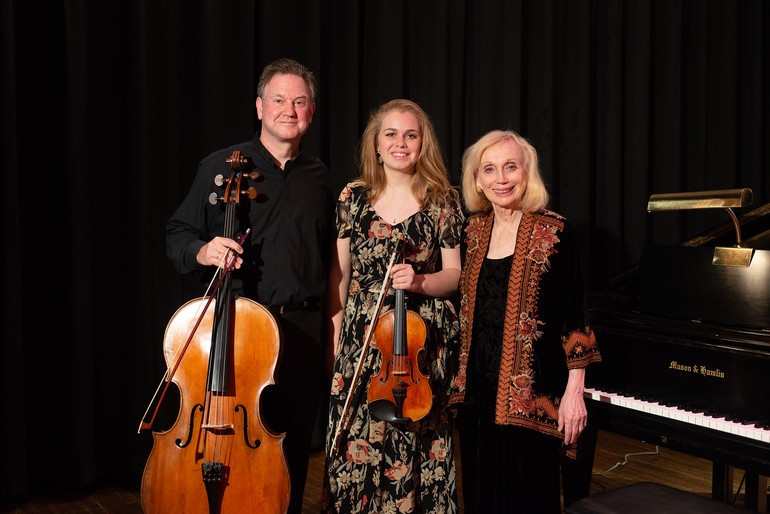
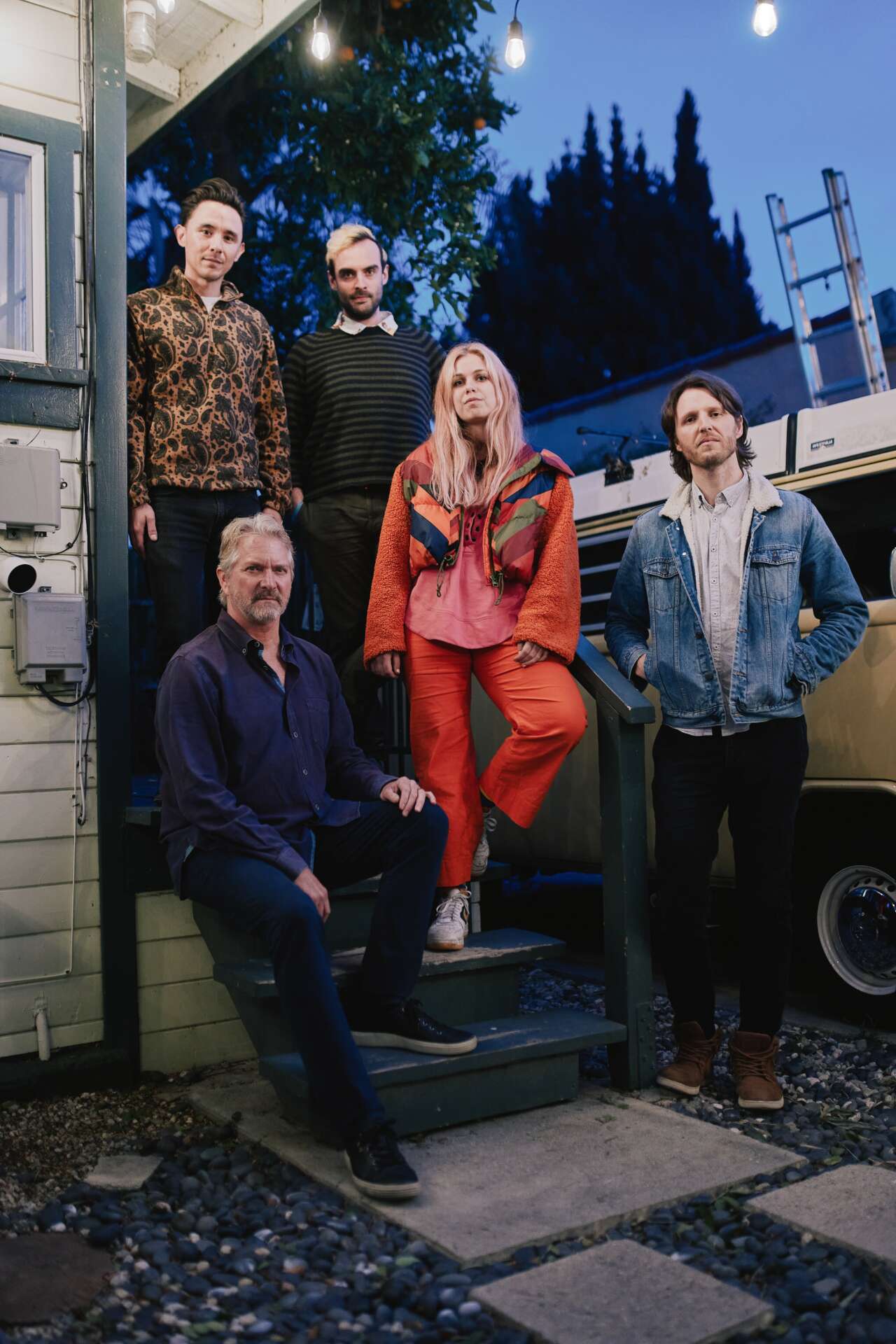
Awesome – so before we get into the rest of our questions, can you briefly introduce yourself to our readers.
I have been playing the violin since my dad brought one home for me on my fourth birthday a little over 23 years ago. I started off learning Classical music, guided heavily by my dad, and attended the Interlochen Arts Academy for all of high school, an arts boarding school located in Northern Michigan. I was accepted in the New England Conservatory of Music in Boston for Classical violin, and was introduced to their Contemporary Improvisation department while I was studying there. I ended up staying at NEC for a Master’s Degree in Contemporary Improvisation.
During my teenage years with the violin, I began to get the feeling that being in an orchestra full time was not for me. The moment really hit when I toured with the National Youth Orchestra the summer before college. I was so fortunate to be making music at the highest level possible with the most incredible young musicians in America. We played from Carnegie Hall to Walt Disney Hall in LA all across the country. It was after this tour that I realized it was not something that would fulfill me full time. I loved fiddle music, and decided that in college I would start to turn a bit more that way. Amidst my college years I traveled to Ireland several times to live with locals in Country Mayo, working on a farm during the day and sitting in on pub sessions by night. Once I was immersed in the culture over there, I knew that playing fiddle music was going to be a large part of my musical identity.
I am a performer, and as I get older I see more and more clearly that part of my purpose is to break down the formal barrier in concert settings and invite audiences to partake more in an inclusive experience rather than a “the performer exists here and the audience exists here” type of space. Many of my curated programs have been and will continue to be works by classical composers as well as traditional folk music from many traditions, while also incorporating improvised music.
I have lived in Los Angeles for a little over two years now, and play on sessions for artists, for movie soundtracks and film projects, in small orchestra and chamber music gigs, teach violin, and record fiddle music with a wonderful band from LA and Boston. I just released my first full length album of original fiddle music titled “The Sun’s Valley”, featuring all original music written in the last 5 years.
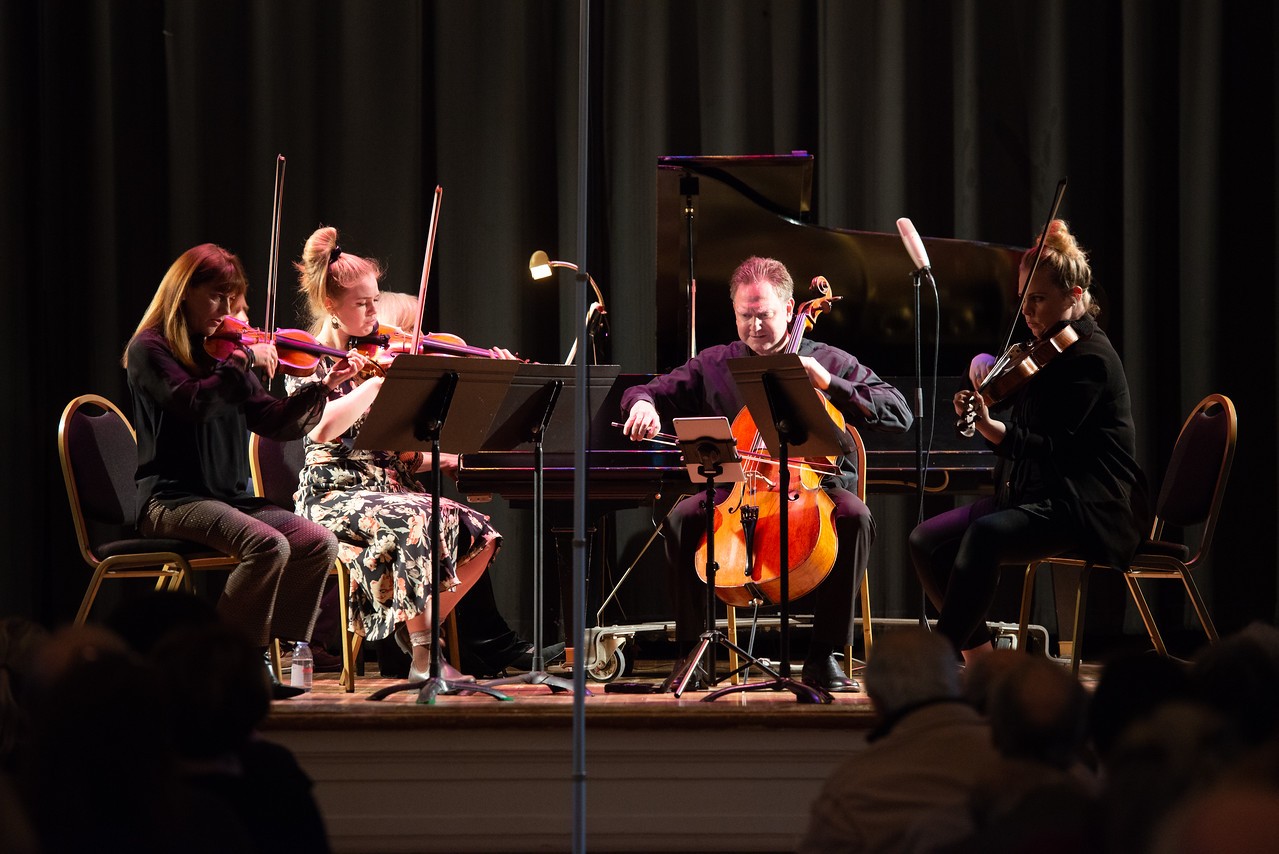
What’s a lesson you had to unlearn and what’s the backstory?
I don’t remember my life before the violin was in my hands. I was raised in a household of classical musicians, and with that territory (of course) came hard work, discipline, sacrifice, and focus. These are all things needed to become a musician at the highest level possible. However, it wasn’t until I discovered fiddle music that I really learned how to “play”, not as in play my instrument, but to have this sense of fun and freedom as I wove melodies together onstage, rather than stressing for weeks and days ahead of concerts, worrying I’d make a mistake.
In the trajectory of my journey as a classical musician, as much as I loved and still love the music itself, I never felt like I had the freedom to take risks or be different. I felt like many of my teachers wanted us to sound the same. Improvised and fiddle music forced me to “unlearn” some of that rigidity and discover what music could actually mean to me. Through this unlearning of “don’t make a mistake up there or you’re a failure”, I was able let myself fall and fail time and time again without feeling like one. We play music because we love it, and because it is a gift to ourselves as well as others. We play music because how could we not? It helps us make sense of the world in the most of difficult times.
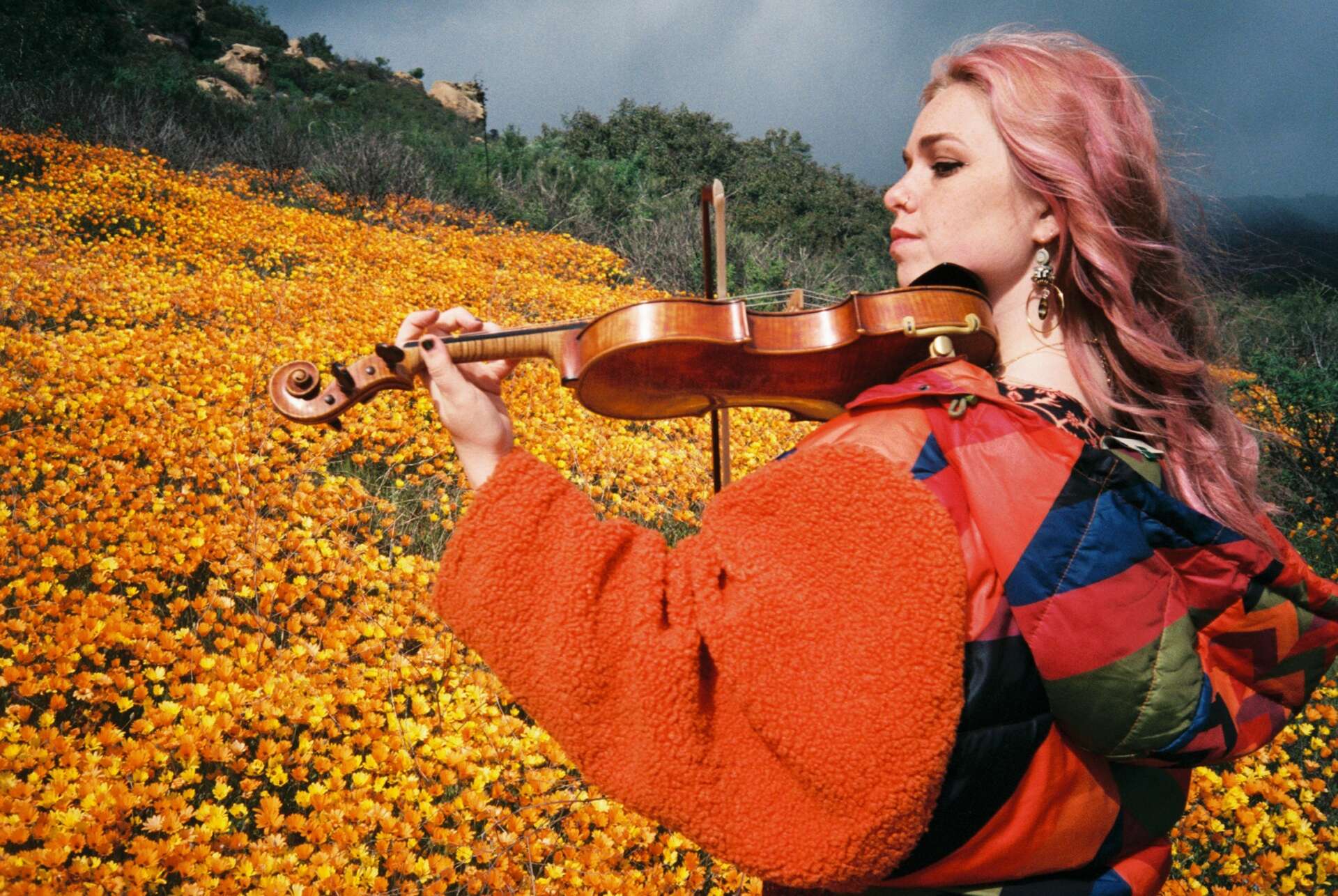
Have any books or other resources had a big impact on you?
The book “Atomic Habits” by James Clear has been a life changing read for me. He talks about how we can learn to incorporate beneficial habits to help us lead the most successful lives we can. This was crucial for me because there are so many aspects of being a professional musician that actually have little to do with music. For example: responding to emails, organizing meetings and calls, different admin things for releases, social media, etc. James Clear helped me approach organizing those tasks in a way where they became more attractive to do, and I was able to see the longterm benefits of how I have and continue to weave my professional life together as a whole. One of my favorite quotes from “Atomic Habits” is: Small changes often appear to make no difference until you cross a critical threshold. The most powerful outcomes of any compounding process are delayed. You need to be patient.
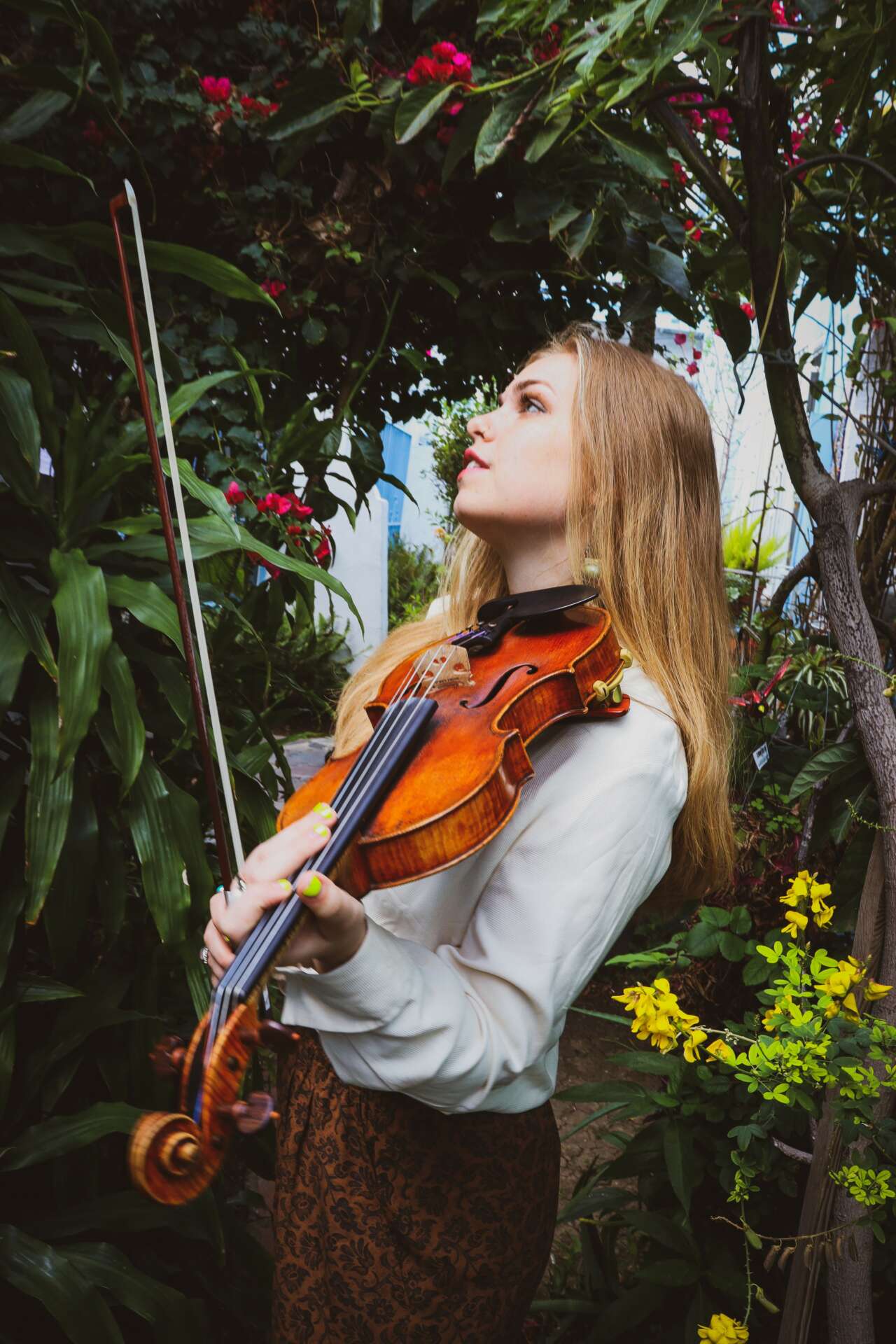
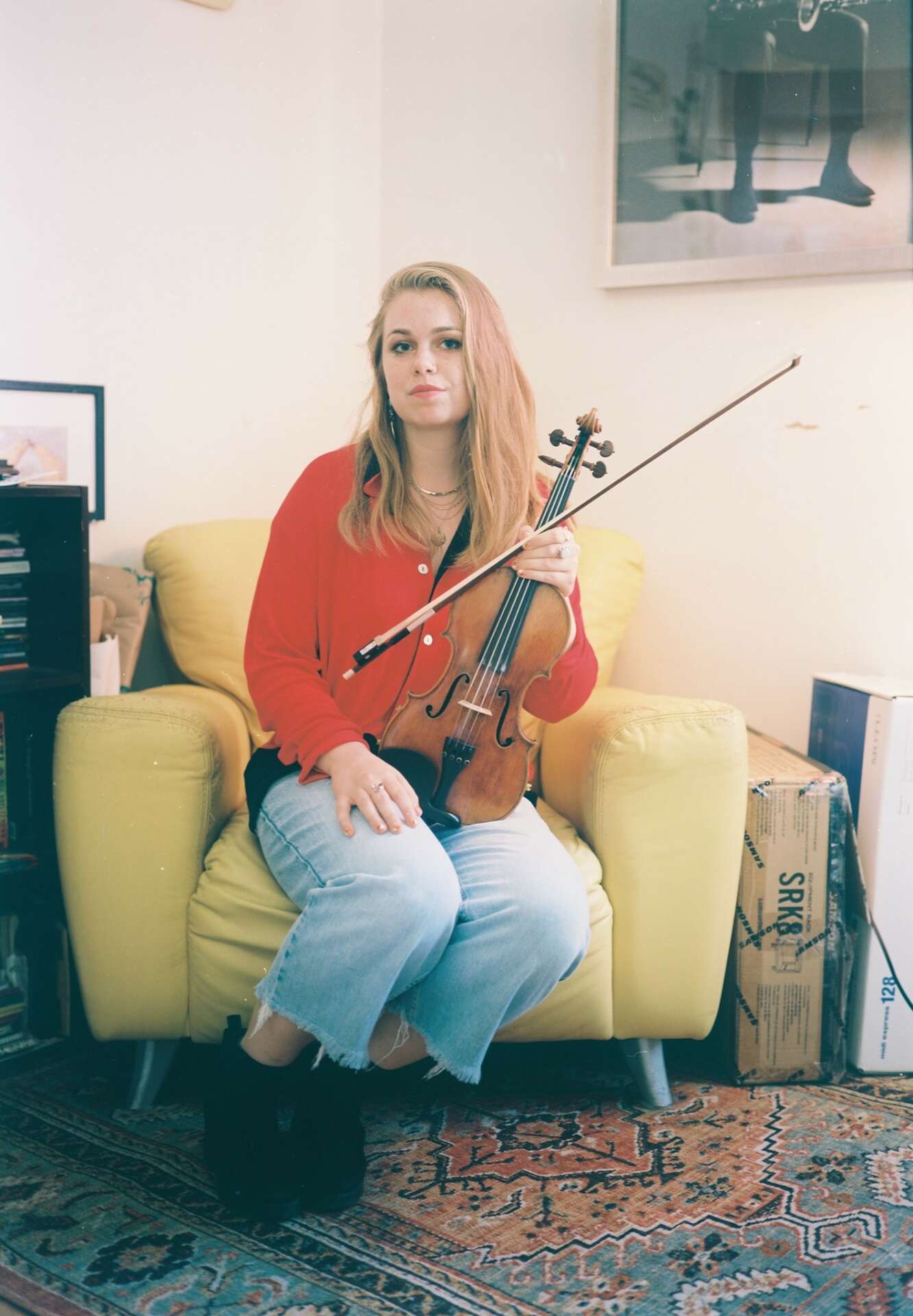
Contact Info:
- Website: lilyhonigberg.com
- Instagram: https://www.instagram.com/lilybelknap/?hl=en
- Other: https://open.spotify.com/artist/56KW7bpxplhBHWPjtSfKYr?si=u_LX2o6ATJmY3s9Ark-49g
Image Credits
Petie Sjogren


